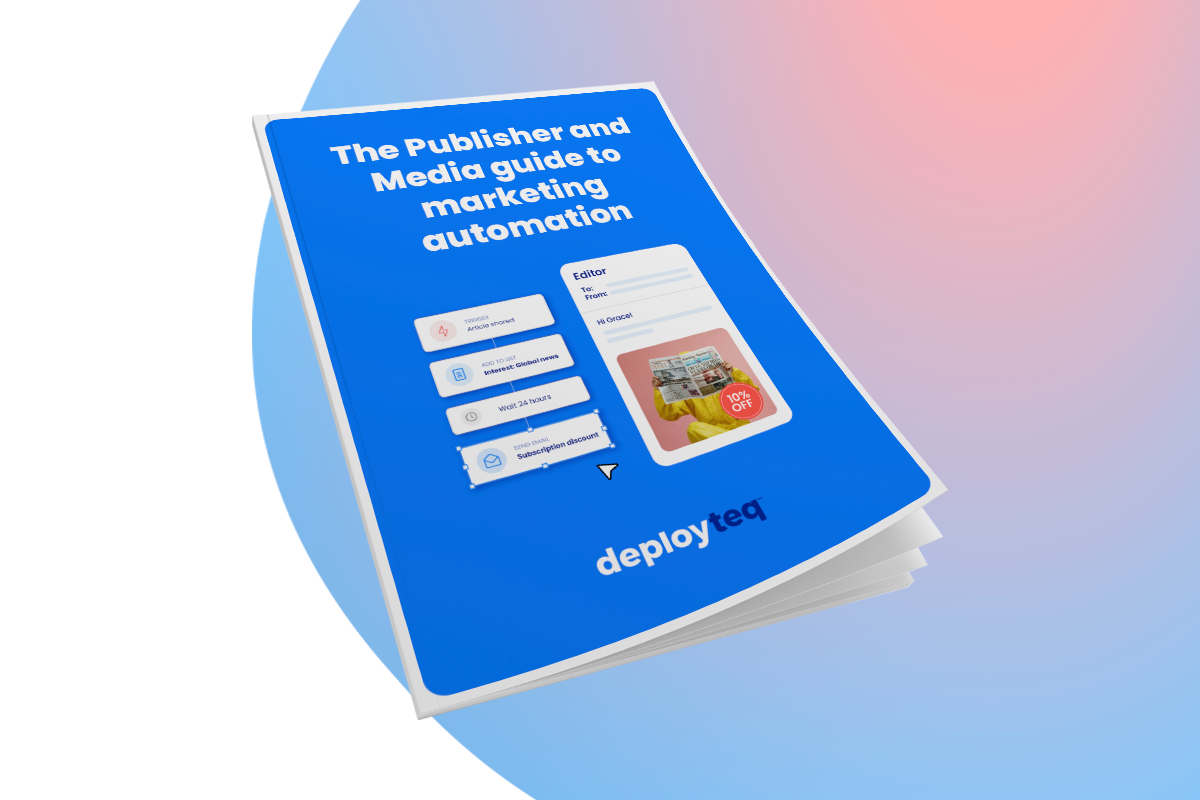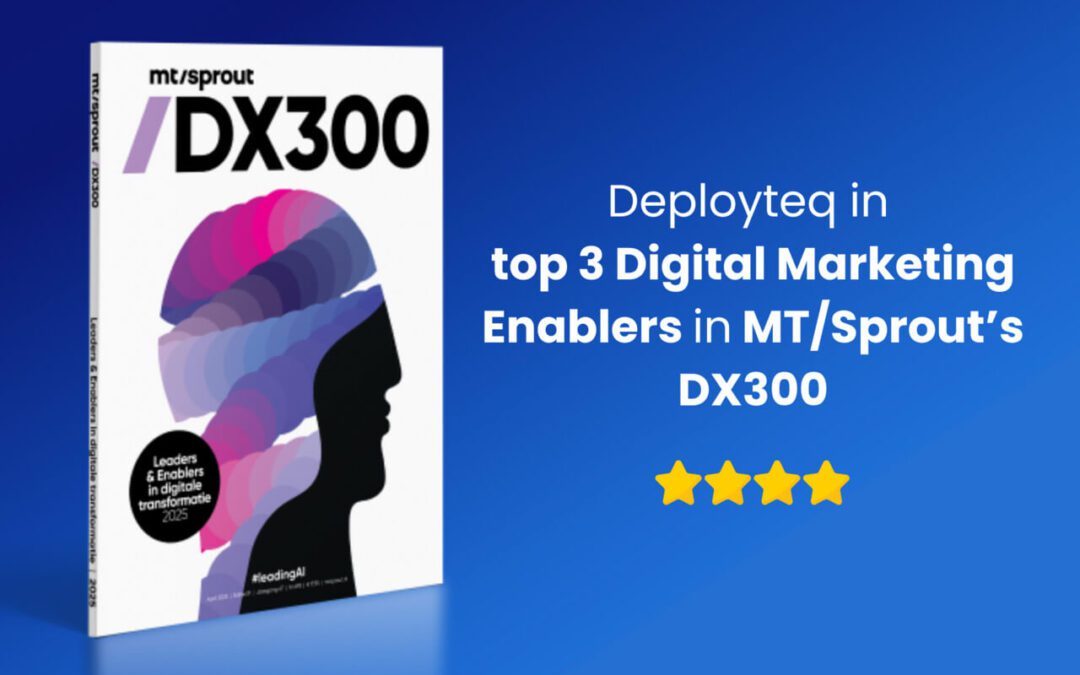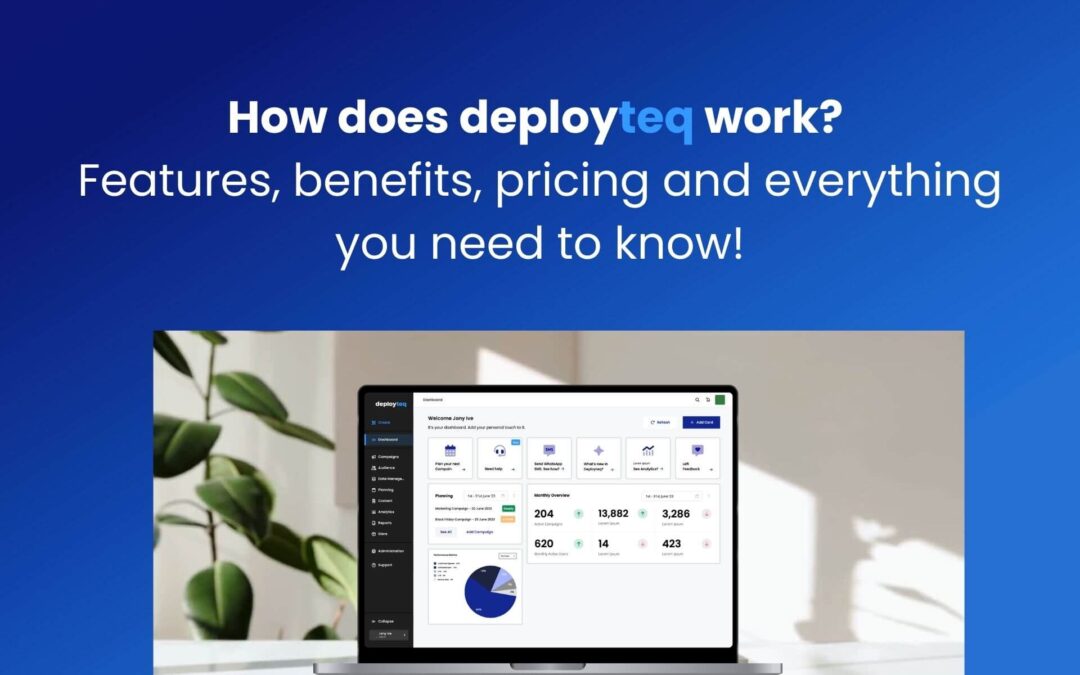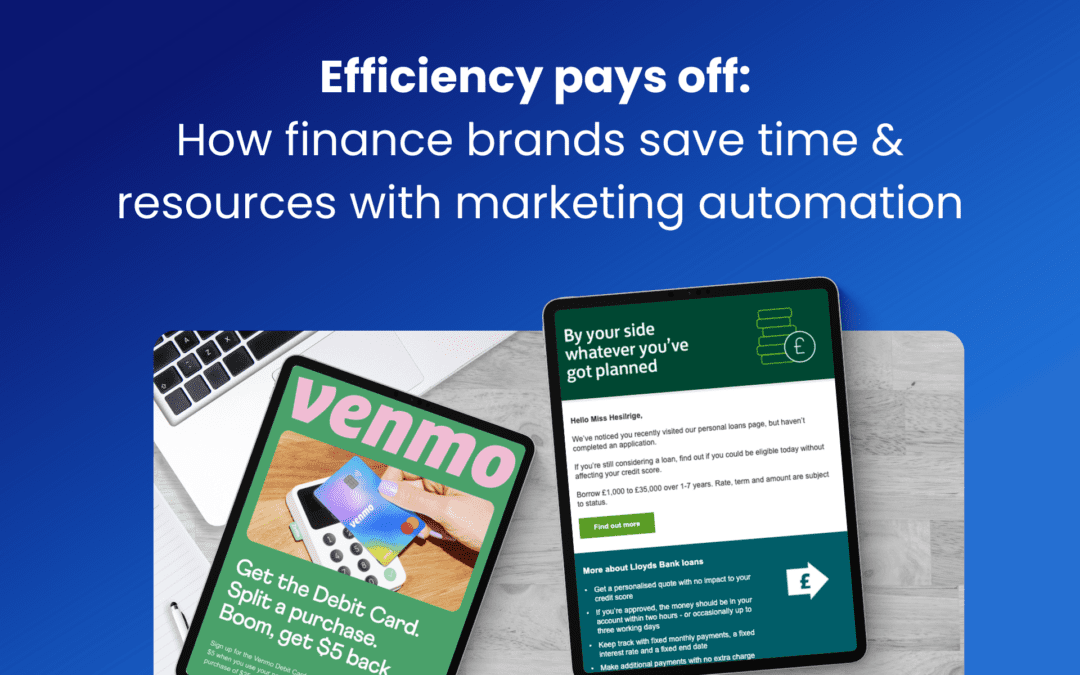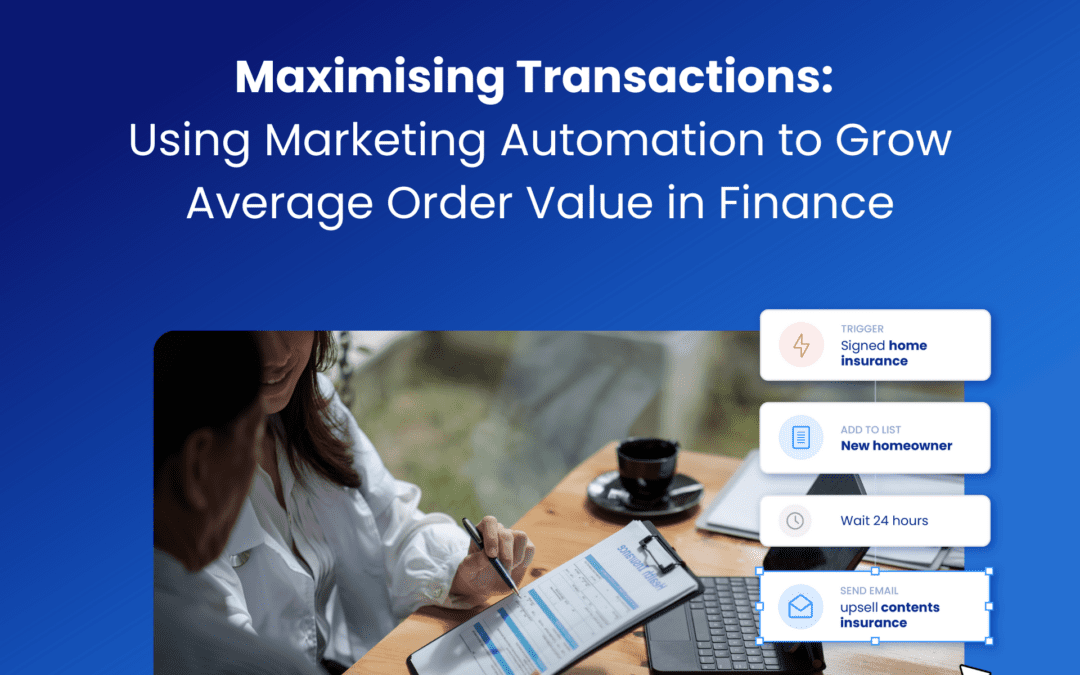Since the advent of automated email campaigns in the mid-1990s, marketing automation has transformed the publishing and media industries, revolutionising the way content is distributed and consumed. With its broad range of tools designed for efficient content delivery, audience engagement, and data analysis, it has evolved significantly since then.
Through marketing automation, publishers and media houses can distribute targeted content across a variety of platforms, ensure audience engagement, and make strategic decisions based on data analysis.
What is marketing automation?
Marketing automation is the utilisation of software and technology to automate repetitive marketing tasks. It streamlines, optimises, and enhances the efficiency of marketing campaigns, enabling personalised customer engagement and data-driven decision-making, thereby saving time and improving marketing effectiveness.
It is the practice of automating marketing activities with software. By streamlining, automating, and measuring marketing processes, such as email marketing, social media posting, and advertising campaigns, businesses increase operational efficiency and grow revenue faster.
As a result of marketing automation, customers can experience personalised experiences at scale, lead nurturing and conversion rates can be improved, and marketers can allocate their time and resources more efficiently. Businesses can focus on strategy and creative initiatives by automating repetitive tasks, resulting in more meaningful engagements with their audiences.
How can marketing automation benefit publishers?
Marketing automation provides several key benefits for publishing and media, enhancing the efficiency, reach, and effectiveness of marketing efforts:
Time savings: Automating repetitive tasks such as managing email lists and publishing social media content, freeing up time for more strategic activities.
Increased productivity: By automating monotonous work, marketing departments can focus on creative and strategic tasks, leading to higher productivity.
Wider content distribution: Enables the distribution of more content across various platforms than manually possible, expanding reach.
Cost reduction: Helps reduce marketing expenses through efficient resource management and automation of labour-intensive tasks.
Improved email marketing: Enhances the effectiveness of email marketing campaigns with targeted, timely, and personalised communication.
Enhanced analytics and reporting: Provides detailed insights into marketing campaign performance, helping publishers make data-driven decisions.
Increased lead generation and conversion: Automates lead capture and nurturing processes, increasing the conversion of leads to customers.
Better audience segmentation: Allows for advanced segmentation of audiences based on behaviour and preferences, enabling more targeted marketing efforts.
Consistent brand messaging: Ensures consistent brand messaging across all channels, improving brand recognition and loyalty.
Optimised advertising campaigns: Helps in optimising advertising campaigns for better ROI through precise targeting and automation of ad placements.
These benefits collectively contribute to a more effective and efficient marketing strategy for publishers and media companies.
Key components of marketing automation for publishers
Marketing automation involves several key components designed to streamline operations, improve audience engagement, and increase revenue:
Integrated campaign management: Enables the creation, management, and analysis of marketing campaigns across multiple channels from a single platform, ensuring consistent messaging and branding.
Advanced contact segmentation: Allows for the categorisation of audience members based on various criteria such as behaviour, preferences, and demographics, enabling targeted and personalised marketing efforts.
Lead scoring: Assigns value to leads based on their engagement level and likelihood to convert, helping prioritise follow-up and resource allocation.
Automated and personalised emails: Facilitates the sending of tailored email messages to segments of your audience based on their interactions with your content, improving open rates and engagement.
Interaction monitoring and analytics: Tracks user interactions across channels, providing valuable insights into behaviour patterns, campaign performance, and ROI, enabling data-driven decisions.
Social media management: Automates the scheduling and posting of content on various social media platforms, enhancing reach and engagement without additional manual effort.
These components work together to automate repetitive tasks, streamline workflows, and improve the efficiency and effectiveness of marketing strategies.
Examples of marketing automation in Publishing and Media
Marketing automation is a key tool for enhancing audience engagement and streamlining operations. Here are some practical examples of how automation can transform content distribution, audience targeting, and campaign efficiency, showcasing its indispensable role in the modern digital landscape:
Targeted, interest-based newsletters
With marketing automation, publishing and media companies can segment subscribers based on their interests, behaviours, and interactions to significantly enhance the effectiveness of newsletters. It is through this segmentation, personalization of content, and scheduling of newsletters according to user preferences that newsletters are highly relevant and engaging to users. Advanced analytics and reporting capabilities enable detailed tracking of performance, which facilitates continuous engagement improvements. By leveraging these tools, companies can maintain reader interest through content that is precisely tailored to match subscriber interests, making newsletters more effective and impactful.
Subscription marketing
By automating targeted email campaigns, managing subscriber lists effectively, and personalising content based on user behaviour, publishing and media companies can dramatically improve subscription marketing. In turn, engagement, conversion, and customer retention are improved, leading to sustainable revenue growth.
Paid content paywalls
In addition to enhancing paid content strategies for publishers, marketing automation can boost paid content strategies for media companies by improving user experiences and content recommendations behind paywalls. It facilitates targeted marketing campaigns based on user behaviour, resulting in better engagement with content, subscription rates and customer retention. Automation also helps in efficiently managing and segmenting user data to optimise paywall access and conversions.
Automated emails for billing and subscription management
Publishing and media companies benefit from marketing automation by automating their billing and subscription management processes. As a result of this system, subscribers receive renewal notices, payment confirmations, and subscription updates efficiently, improving customer experience and minimising errors, ultimately resulting in improved operational efficiency and customer retention.
Event management
With marketing automation, publishing and media companies can streamline attendee registration, personalise event promotion communication, and schedule reminders for events. In addition to improving the attendee experience, it provides valuable insight into future event planning and execution through automated feedback collection and analysis.
Analytics and reporting: Measuring success
Marketing automation tools enable publishing and media brands to measure success with comprehensive analytics and reporting. These tools provide insights into audience engagement, content performance, and campaign effectiveness through automated collection and analysis of data across various marketing channels.
By tracking conversion rates, reader behaviour, and content interactions, brands can identify what resonates with their audience. As a result of this data-driven approach, marketing strategies can be optimised, resources allocated to high-performing channels, and informed decisions can be made to enhance ROI and drive better results.
Tracking key performance indicators (KPIs)
Publishers can use marketing automation to accurately track key performance indicators (KPIs) like conversion rates, customer acquisition costs, and email open rates. As a result, these metrics can be measured and analysed efficiently, enabling data-driven decision-making and strategy optimization to enhance marketing effectiveness and ROI.
Using data to refine marketing strategies
Through marketing automation, publishers can collect and interpret vast amounts of data about audience behaviour and campaign success, enabling advanced analytics and tracking. With this insight, marketing strategies can be refined to ensure content and promotional efforts are targeted precisely and resonate more effectively with the targeted audience.
Providing unparalleled efficiency in content delivery and audience engagement, marketing automation has revolutionised the publishing and media industries. By embracing these technologies, publishers can increase productivity, expand their reach, and improve the relevance of their content, thereby strengthening their connections with their audiences and achieving greater success in the digital age.
If you work in the media and publishing industry and want to drive loyalty and growth through data-driven omnichannel experiences, we can help. Why not book a demo today to see how Deployteq can transform your marketing?
